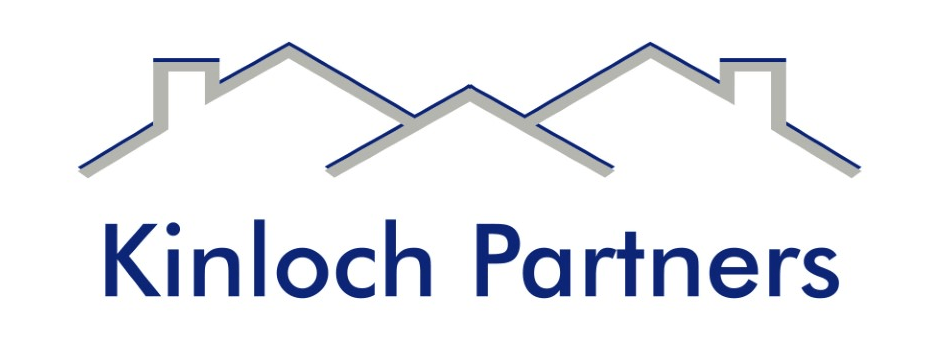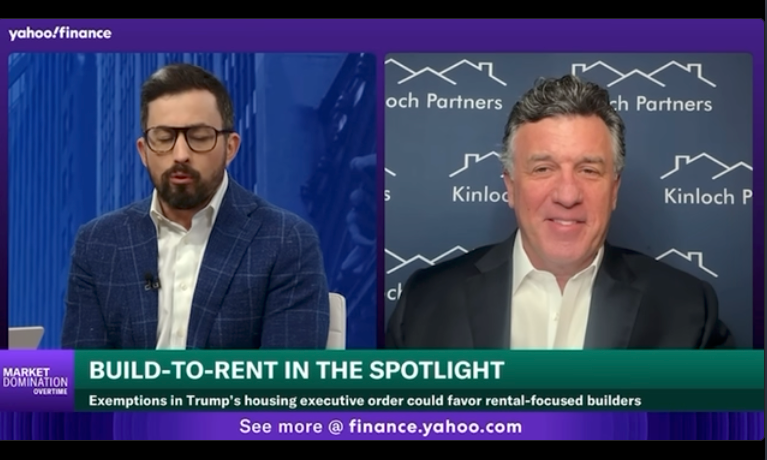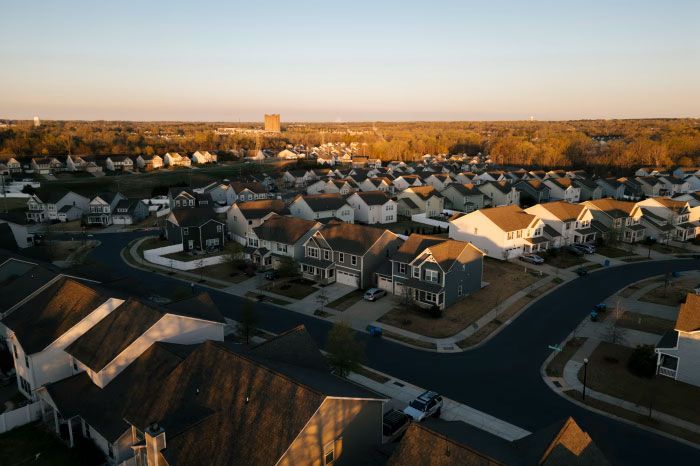New Spring Hill subdivision joins ranks of build-to-rent homes
Mary Fortune is looking forward to moving out of an apartment and into her brand-new house next month in Spring Hill’s Crooked Creek subdivision, where her builder is completing 25 homes.
The neighborhood looks like the other subdivisions around it, filled with free-standing single-family houses on moderately sized lawns. But there’s a difference. Fortune and her neighbors do not own the houses. They are renting.
Build-to-rent subdivisions are one of the hottest parts of the real estate market, said Bruce McNeilage, a principal with Kinloch Partners. The company is developing a total of 96 rental houses in Crooked Creek and the Derryberry subdivision on the Maury County side of Spring Hill.
The homes are being built by Brandon Robertson, president of A-1 Home Builders. He and McNeilage previously completed Fairview Station, a neighborhood of 30 single-family rentals in Williamson County.
Fortune was thinking about buying a house , but the idea of using most of her savings to make a down payment made her think twice.
“I thought about the big down payment and didn’t want to be cash poor,” said Fortune, who is a nurse.
But apartment life had lost its appeal for Fortune, who rents an apartment in Clarksville and was looking for something closer to her work in Brentwood.
“I thought, can I do that again, shared walls?” she said.
“Now I have a house, and it’s new,” said Fortune, who moves into her new home in June.
Interest is high
Interest in Crooked Creek has been remarkable, said McNeilage.
“We are renting houses in a week from the time they are finished. For the Spring Hill houses, we had six or eight calls the first day” that they were announced, he said.
One couple paid a year’s rent — $18,000 — in advance, said McNeilage.
“They sold a home and weren’t interested in buying another one,” he said.
That’s not an unusual decision for downsizing baby boomers who are tired of maintaining a home and want the convenience of renting a house. Other tenants are new to the Nashville region and want to get to know the area before they buy.
“They want to test the waters,” said McNeilage.
Others are saving for a house but find themselves unable to keep up with fast-rising prices.
“Later, the house they wanted is $50,000 more. It’s out of reach,” said McNeilage.
To meet demand, McNeilage and Robertson are building another 34 homes for rent in Crooked Creek, where they own most of the houses. In addition, they are launching construction of 37 houses in Derryberry.
Owning most or all of the homes in a subdivision avoids conflicts with homeowners who might object to having so many rentals next door. It also ensures the homes are properly maintained, said McNeilage.
“If I’m doing 100 percent of the neighborhood, I’m the HOA,” he said.
A growing segment of housing market
Build-to-rent homes were the fastest-growing growing segment of the national housing market in 2017, according to Realtor.com , which cited a study by the Urban Institute. That year, 37,000 single-family rentals were built. The next year, the National Association of Home Builders reported that the number had grown to 43,000, about 4 percent of total homes built that year, and was still rising.
McNeilage said his houses in Spring Hill have the same high-end finishes as homes built to sell. The have granite countertops, stainless appliances, laminate wood floors and covered back porches. Exteriors are brick and Hardie board.
“This is not a vinyl village,” said McNeilage.
The houses have three bedrooms and two full baths and range in size from 1,605 to 1,705 square feet. Monthly rents range from $1,600 to $1,650.
Crooked creek and Derryberry are located off Port Royal Road, which provides convenient access to Interstate 65 for commuters like Fortune.
She likes knowing that McNeilage is personally involved in her new neighborhood.
“Bruce was down there planting flowers when I went to take a look,” said Fortune.
To learn more
For information about Kinloch Partners’ new homes for rent in Spring Hill, contact Bruce McNeilage by calling 615-715-5985, emailing bruce@kinlochpartners.net or visiting http://04d.736.myftpupload.com/.











